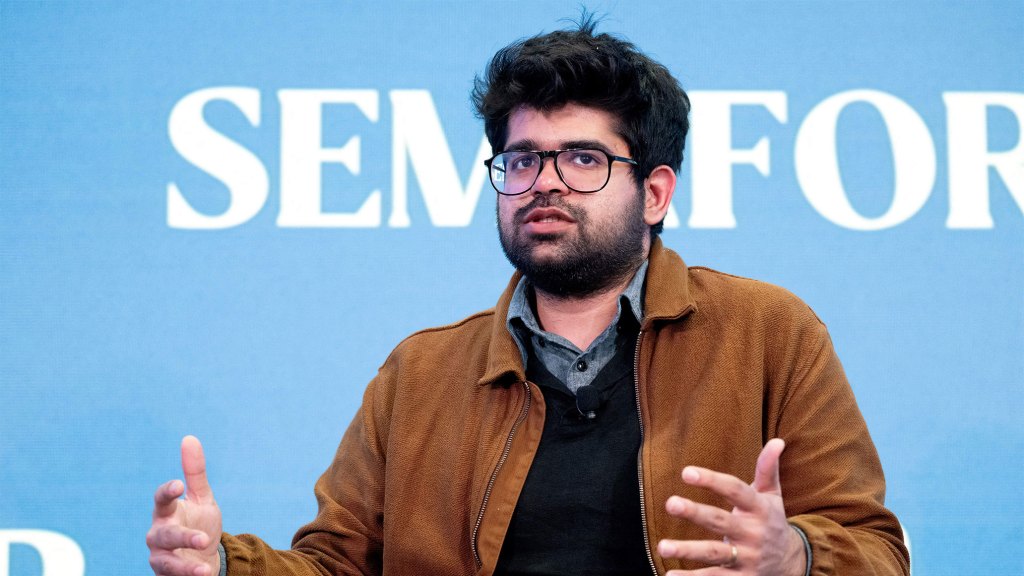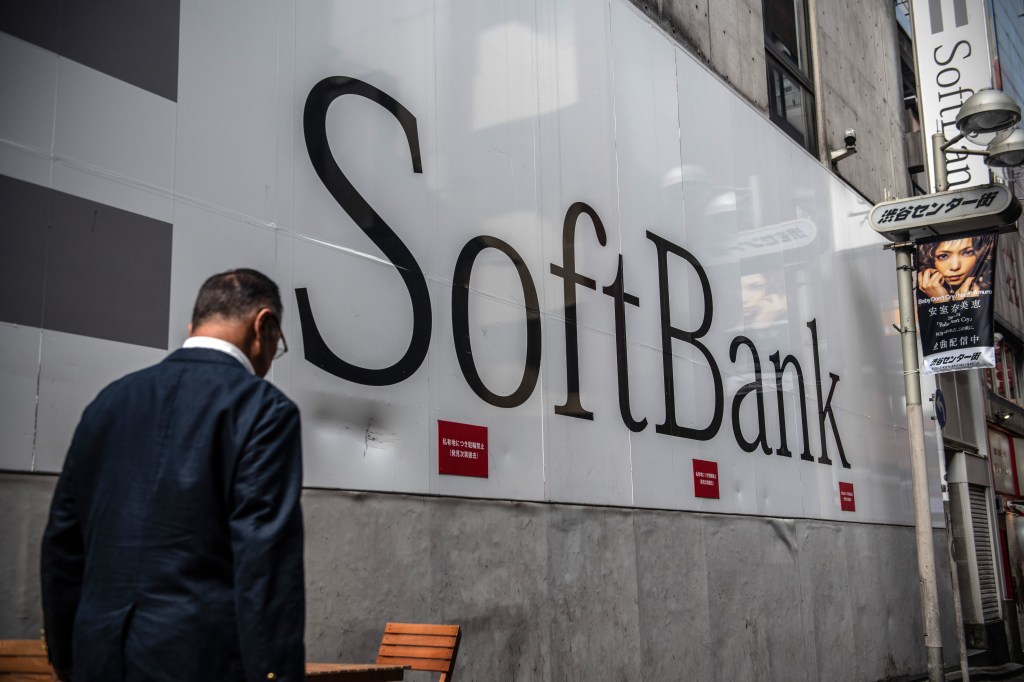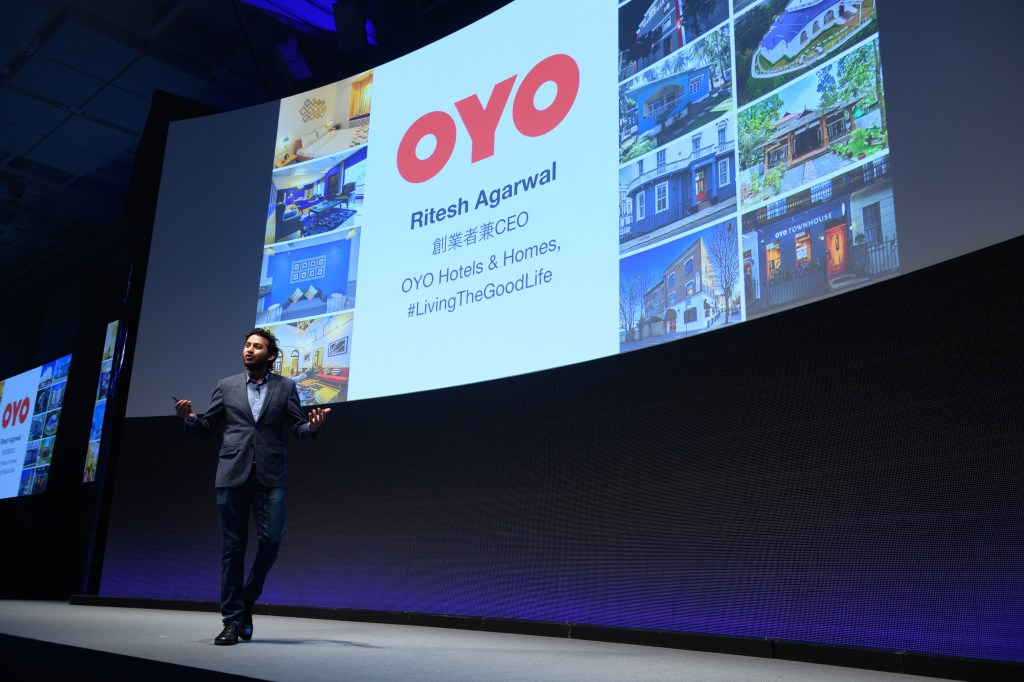Proton, the Swiss company behind a suite of privacy-focused apps such as ProtonMail, is following in the footsteps of Signal and Mozilla by transitioning to a new nonprofit foundation model.
The newly established Proton Foundation will serve as the main shareholder to the existing corporate entity that is Proton AG, which will continue as a for-profit company under the auspices of the Foundation. This, according to CEO Andy Yen, is designed to make the organization self-sustainable, without having to rely on donations, grants or commercial tie-ups with corporations.
Indeed, while the likes of Signal has relied on the backing of billionaires such as WhatsApp co-founder Brian Acton, and Mozilla leans heavily on search revenue from Google, Yen says that the Proton Foundation wants to set itself apart by retaining a “profitable and healthy business” at its core. So basically, it wants to operate as though it is a bona fide profit-making business, without having to convince the world that its “privacy” promise plays second fiddle to external entities.
“This change in governance does not signal a shift in how our core businesses are run,” Yen wrote Monday in a blog post announcing the change. “Proton is not profit-driven, but we still must retain profitability as a core objective because a cornerstone of safeguarding Proton’s mission is independence through self-sustainability.”
Proton’s move signals the inherent challenges of building a business around privacy, particularly where external funding has been raised and investors seek a return. Proton, for its part, has always positioned itself as “independent” — both from an ownership perspective with no VC investors and from a technological perspective as it sidesteps the usual public cloud providers to operate its own servers and network equipment.
By shifting to a model where it operates as a for-profit under a not-for-profit foundation, the company is trying to forge a path that keeps privacy as a central tenet while retaining some of the advantages proffered by private companies. This includes being able to offer stock options to “attract and incentivize the best talent in tech,” according to Yen, who added that the setup would still allow the company to go public in the future if it needed to do so.
“As with much of what we do, this approach is unique, but we believe this hybrid model offers the best of both worlds,” Yen said. “However, the foundation’s control would always require the company to act in a way that does not jeopardize Proton’s original mission, and Proton’s financial success is directly committed to the public good. In this way, we seek to preserve not only Proton’s values, but also our culture of innovation, entrepreneurship and ambition, and our relentless competitive spirit.”
Moreover, the Proton Foundation said it will give out 1% of Proton’s revenues to “charitable activities,” typically around supporting other privacy-focused products and initiatives.
The story so far

Founded out of Geneva in 2014, Proton is best known for its encrypted email service ProtonMail, but the company has expanded into all manner of privacy-focused products, including a VPN, password manager, calendar and cloud storage. While most of these services have free versions available, the company offers subscriptions to unlock additional features, including bundles that make all the products available for a monthly fee.
Shortly after launch in 2014, the company set up a crowdfunding campaign that went on to raise around $500,000, before going on to raise an additional $2 million from Silicon Valley VC firm Charles River Ventures (CRV) and the Swiss not-for-profit body Fondation Genevoise pour l’Innovation Technologique (FONGIT). Today, Proton says it no longer has any venture capital investors as shareholders, with CRV selling its stake to FONGIT in 2021.
Yen, fellow co-founder Jason Stockman and the company’s director of engineering (and first employee) Dingchao Lu have donated some shares to the foundation, thus making it the “primary” shareholder, with other minority shareholders including employees and FONGIT.
Both Yen and Lu will serve on the Foundation’s board of trustees, alongside the inventor of the web, Sir Tim Berners-Lee; Carissa Veliz, professor of ethics at the Institute for Ethics in AI at the University of Oxford; and Antonio Gambardella, director at FONGIT.
As the primary shareholder, the Proton Foundation has the greatest voting clout, with the board of trustees obligated to protect the foundation’s founding mission.
“As the largest voting shareholder of Proton, no change of control can occur without the consent of the foundation, allowing it to block hostile takeovers of Proton, thereby ensuring permanent adherence to the mission,” Yen notes.





























Comment